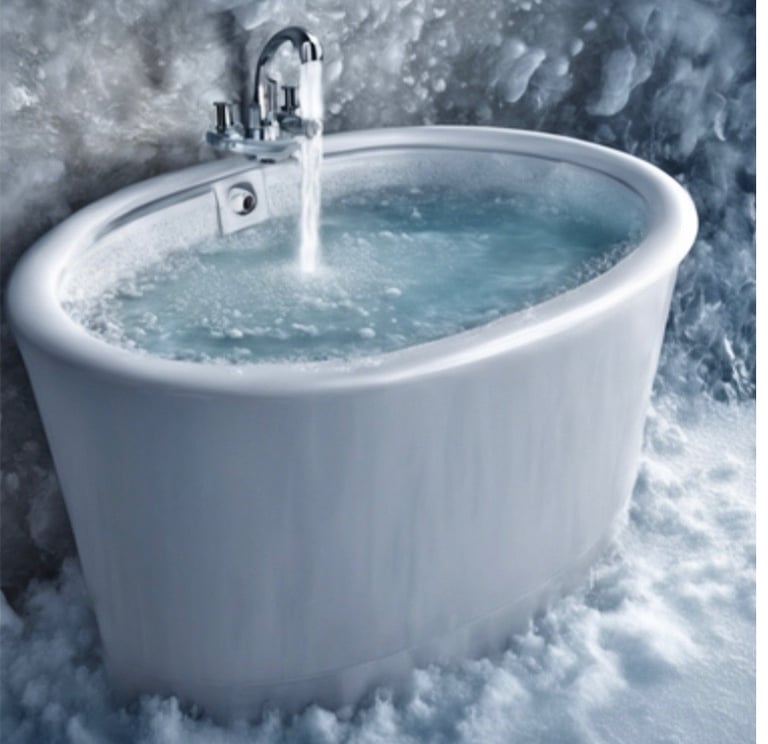

“It’s a paradox where warmth becomes the ultimate icebreaker,making the cold rush to catch up.”
The phenomenon of hot water freezing faster than cold water has intrigued philosophers and scientists for centuries, with notable figures like René Descartes and Aristotle having made observations about this puzzling occurrence. This curious behavior of water, known as the Mpemba effect, became the focus of scientific investigation in the 1960s, thanks to the efforts of a Tanzanian teenager named Erasto Mpemba and physicist Denis Osborne.
The origin of the Mpemba effect can be traced back to a seemingly innocuous school experiment. While attempting to make ice cream, Mpemba noticed that his mixture of boiled milk and sugar froze more quickly than the cooler mixtures of his classmates. This observation sparked his curiosity, leading him to question why water at a temperature of 100 degrees Celsius could freeze faster than water at a much lower temperature of 35 degrees Celsius. His inquiry prompted a visit from physicist Denis Osborne, who was intrigued by Mpemba’s findings. Together, they set out to recreate the experiment at University College in Dar es Salaam, which ultimately led to the formal recognition of what became known as the Mpemba effect.
Despite the intrigue surrounding the Mpemba effect, a definitive explanation for why hot water freezes faster than cold water remains elusive. Various theories have been proposed over the years in an attempt to unravel this scientific mystery. One prominent explanation suggests that heating water may weaken the hydrogen bonds between its molecules, allowing it to cool more rapidly. This perspective posits that the structural changes in the water could facilitate a quicker transition to a solid state.
Another hypothesis relates to the phenomenon of evaporation. When hot water is placed in a freezing environment, it is likely to lose a portion of its mass through evaporation. This reduction in volume may lead to a quicker cooling process, as there is less water to freeze. Furthermore, the cooler surrounding air may be more effectively chilled by the reduced mass of the hot water, contributing to an overall faster freezing time.
Despite these theories, scientists have not reached a consensus on the underlying reasons for the Mpemba effect. The complexities of thermal dynamics, molecular interactions, and environmental factors contribute to the difficulty of providing a singular explanation. The varying conditions under which water is frozen, including container shape, ambient temperature, and even the properties of the water itself, can all play significant roles in influencing the freezing process.
In conclusion, the Mpemba effect remains a fascinating topic that challenges our understanding of thermodynamics and the behavior of water. While Erasto Mpemba’s initial observations sparked a scientific inquiry that continues to capture the imagination, the quest for a definitive explanation persists. As researchers delve deeper into the intricacies of this phenomenon, they are reminded of the ever-evolving nature of scientific knowledge and the importance of curiosity in the pursuit of understanding the world around us.
